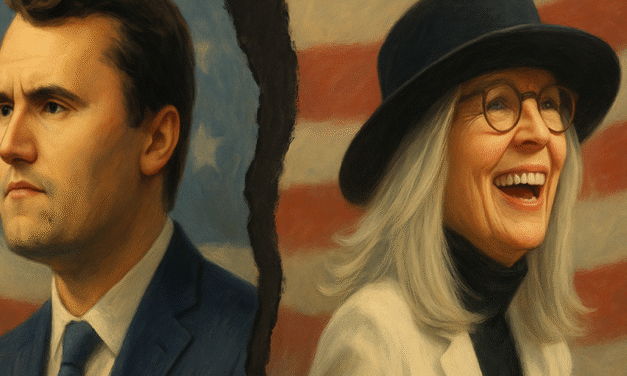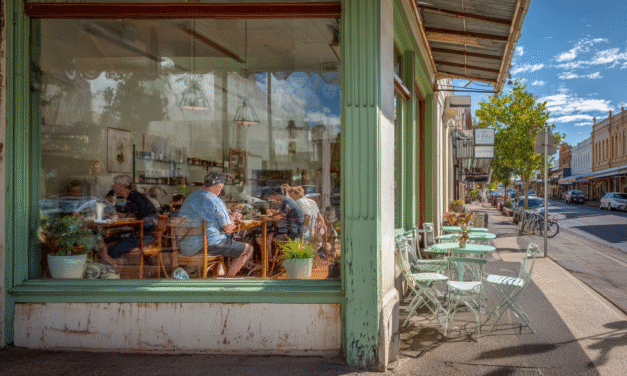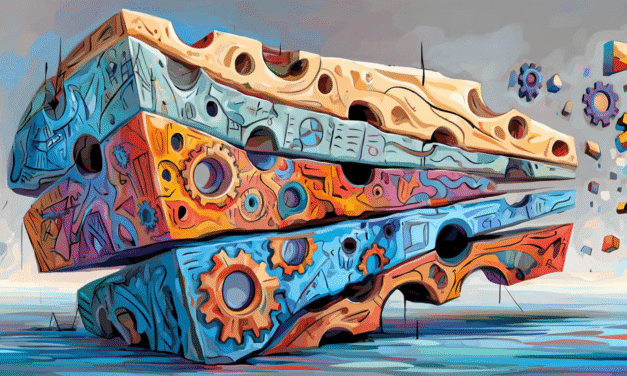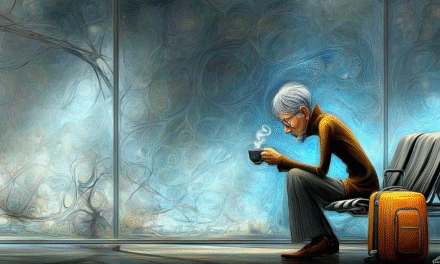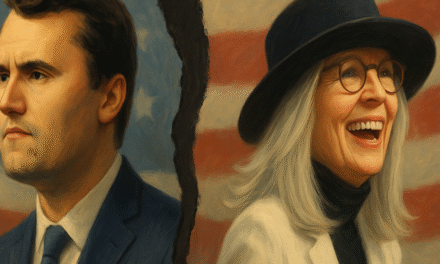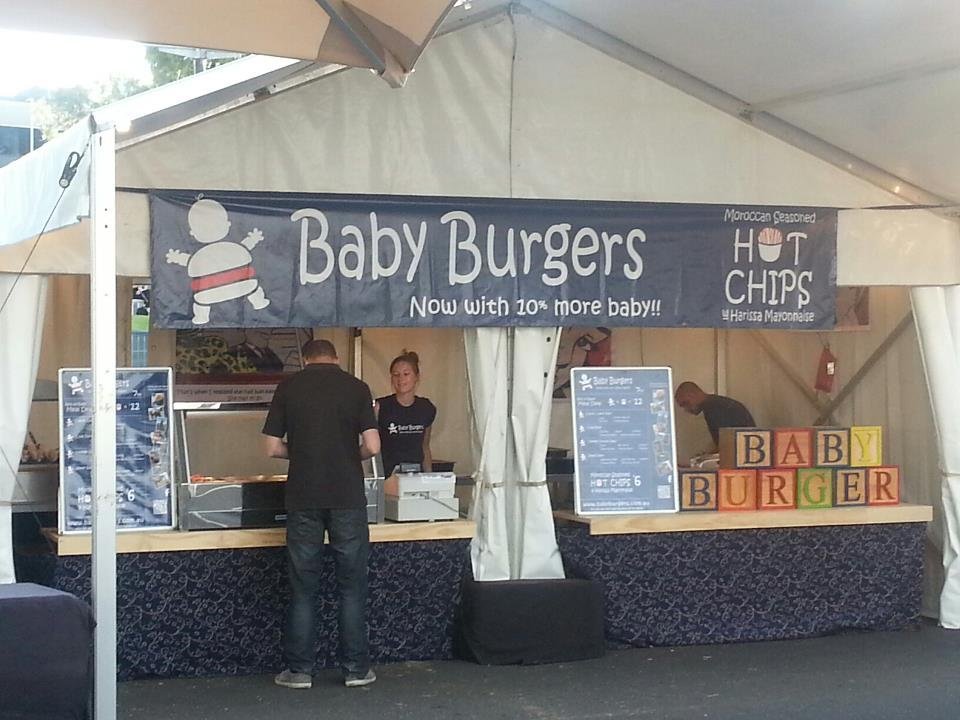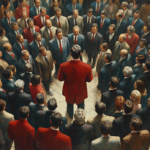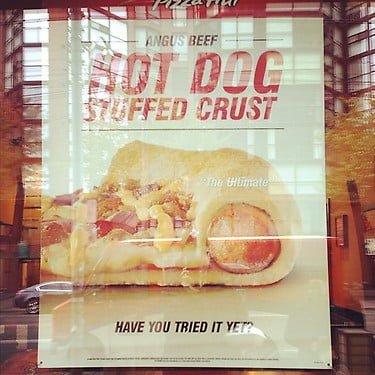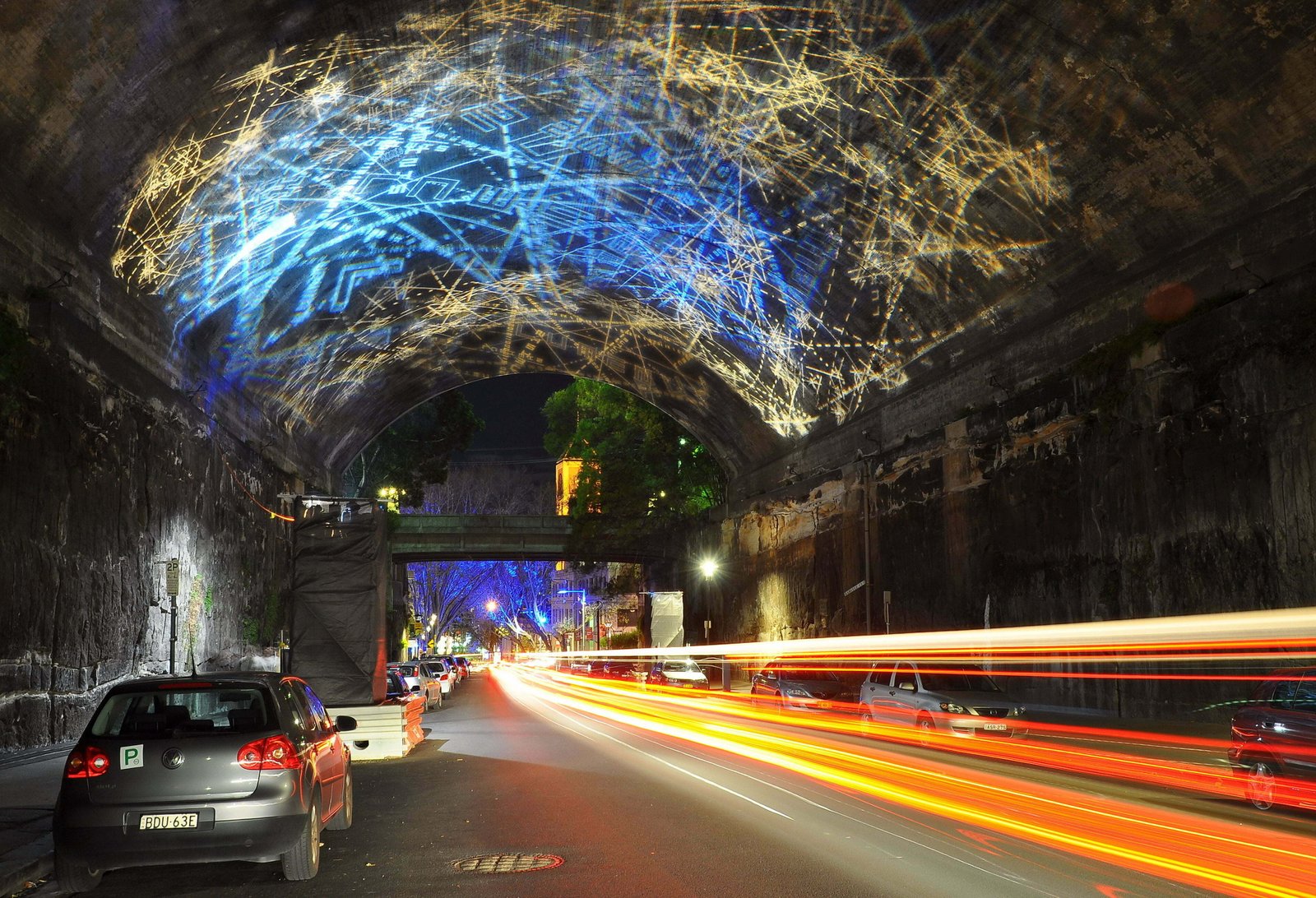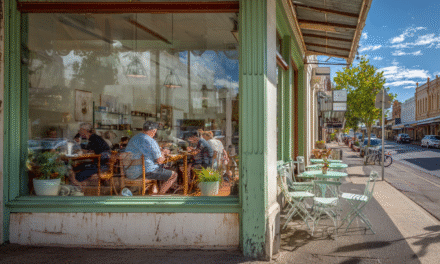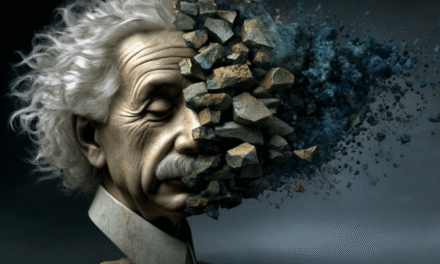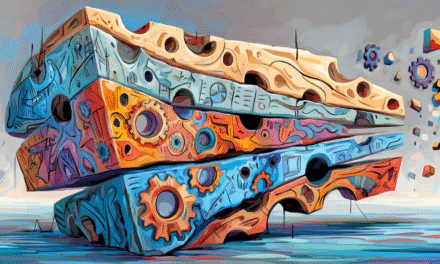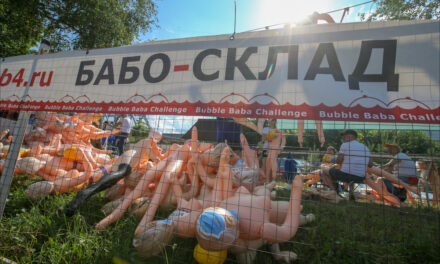When You Can’t Leave: Designing for the Flight Reflex in Airports, Venues, and Hospitals
In high-stimulus public spaces, our bodies do more than react – they strategise.
Airports, hospitals, and stadiums all evoke subtle “Flight” responses: scanning, pacing, early exits.
Understanding how threat appraisal drives behaviour can help architects and planners design calmer spaces – and reveal why relaxation, not excitement, predicts dwell, spend, and satisfaction.
Two Kinds of Freedom: Charlie Kirk & Dianne Keaton
Pink asked, “If Charlie Kirk is Freedom, what is Dianne Keaton?” It wasn’t just a jab – it was a diagnosis. One man was honoured for defiance, one woman mourned for grace. Together they reveal how a culture’s definition of freedom has shifted from authenticity to spectacle.
Read MoreSmall Towns, Big Relief: Nostalgia, Tradition, and the Break From Self
Small towns do more than change the scenery. They give visitors a break from themselves. This piece unpacks how nostalgia and tradition create identity relief that boosts spend, dwell time, and community value. Practical takeaways for tourism, luxury, food, museums, and policy.
Read MoreOpportunism or Partnership? The Ethics of Regional Investment
Regional investment can bring jobs and services, but also resentment when trust is broken. This article explores reciprocity, legitimacy, and the ethics of belonging in small towns.
Read MoreUrban Refugees: When City Migrants Rewrite Country Life
City migrants bring renewal to small towns but also risk reshaping them in ways that erode what made them attractive. This article explores the café paradox, the culture clash, and why belonging is earned, not claimed.
Read MoreWhy Big Business Struggles to Belong in Small Towns
When big business arrives in a small town, success isn’t measured only in sales. Southerly Ten’s patience in Gippsland shows how trust can be earned, while Woolworths and Bendigo Bank reveal how quickly it can be lost. Small towns measure belonging not in quarters, but in decades. This article explores why culture, memory, and legitimacy matter more than profit when corporates cross the town gate.
Read MoreThe Last Ten Minutes of Luxury
Guests pay for days yet remember minutes. The peak end rule explains why a stay often lives or dies on one high moment and the day of departure. What works, what fails, and how to design the arc so memory carries your brand home.
Read MoreThe Hidden Psychology of Time in Retail: From Scarcity to Timelessness
Airports, resorts, and luxury boutiques don’t just sell products. They sell time — scarce, abundant, distorted, or timeless. This essay explores how time shapes shopping behaviour.
Read MoreWhen the Fix Becomes the Flaw : Why ‘Experience Design’ Is Breaking Retail
Retail has doubled down on experience design to win back emotion and attention. But when design becomes control, engagement collapses into performance.
Read MoreThe Illusion of Genius: Why We Mistake Narcissism for Insight
Not everyone who sounds like a genius is one. Our cultural radar is tuned to confidence, not complexity—narcissism, not nuance. In this piece, I trace the myth of genius through history, psychology, and systems, and suggest a quieter, more connective intelligence that the world urgently needs.
Read MoreWhen Plates Can Talk: How AI Is Reshaping Food Service in Aged Care
Nearly 40% of aged care food is thrown away—unrecorded, unnoticed, unremarked. But a new generation of AI tools is changing that. By tracking what’s actually eaten, systems like AFINI-T offer real-time insight into nutrition, risk, and resident dignity—transforming food from a static cost into a dynamic source of intelligence. This isn’t about surveillance. It’s about finally listening to the plate.
Read MoreSwiss Cheese Thinking: From Disaster Metaphor to Strategic Advantage
We use the Swiss Cheese Model to explain how failures happen—but what if we flipped it? This article explores how Swiss Cheese Thinking can transform traditional strategic planning into a resilience-based, investor-grade framework that absorbs shocks instead of collapsing under them.
Read More
- Thinking
- Psychology
- Politics
- Disability
- Retail
- Health
- Advertising/Marketing
- Travel/Tourism
- AI Art
- Minerals & Crystals
The Evolution of Luxury: From Gold Leaf to Inner Peace
Luxury isn’t about wealth—it’s about what’s missing. From postwar security to digital-era silence, what we call “luxury” keeps evolving. This essay explores how rarity shapes desire, how the luxury industry sells emotional scarcity, and why the most coveted experiences today are often the quietest.
Airport Retail and the Psychology of Stress: What Makes Travellers Spend?
That overpriced chocolate bar at Gate 14 wasn’t about hunger—it was about control. In this in-depth essay, we explore how Mood Repair Theory explains airport retail behaviour, especially in high-stress domestic terminals, and what airports can learn from global best practice to meet travellers' emotional needs.
Two Kinds of Freedom: Charlie Kirk & Dianne Keaton
Pink asked, “If Charlie Kirk is Freedom, what is Dianne Keaton?” It wasn’t just a jab - it was a diagnosis. One man was honoured for defiance, one woman mourned for grace. Together they reveal how a culture’s definition of freedom has shifted from authenticity to spectacle.
Bilateral Coordination Disorder in Adults: Challenges and Solutions
Discover how Bilateral Coordination Disorder affects adults, particularly in everyday tasks like driving. Learn about its origins, early interventions, and strategies for managing this invisible condition.
Sustainability at Events: Innovative Approaches to Reducing Food Waste
The Growing Challenge of Food Waste at Events In the realm of large-scale events, from sprawling...
When Plates Can Talk: How AI Is Reshaping Food Service in Aged Care
Nearly 40% of aged care food is thrown away—unrecorded, unnoticed, unremarked. But a new generation of AI tools is changing that. By tracking what’s actually eaten, systems like AFINI-T offer real-time insight into nutrition, risk, and resident dignity—transforming food from a static cost into a dynamic source of intelligence. This isn’t about surveillance. It’s about finally listening to the plate.
The Evolution of Luxury: From Gold Leaf to Inner Peace
Luxury isn’t about wealth—it’s about what’s missing. From postwar security to digital-era silence, what we call “luxury” keeps evolving. This essay explores how rarity shapes desire, how the luxury industry sells emotional scarcity, and why the most coveted experiences today are often the quietest.
A tuned prompt by Mike Ososky
etched circuit board pattern::100 dream catcher::95 feathers::23 Stargate portal::10 elliptic...
Green Fluorite – Xiangvaling mine, Hunan, China
Incredibly Gemmy Green Fluorite from Xiangvaling mine, Hunan, China Fluorite, a mineral composed...

